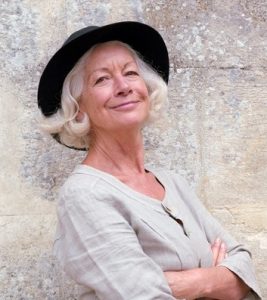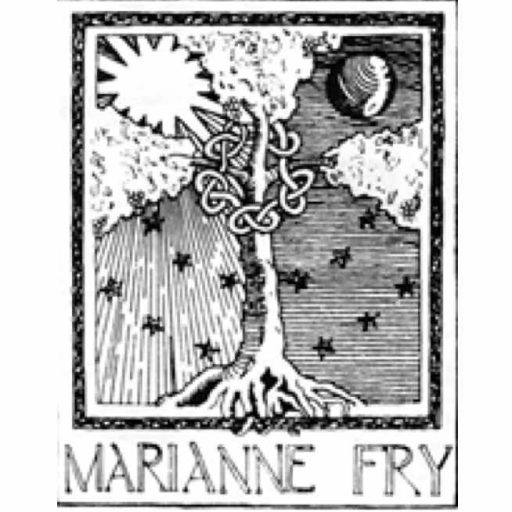In her lecture Scilla investigated the concept of the cycle of violence, showing how it operates in situations of acute violence. She described the stages of escalation which lead to the cycle repeating.
Scilla gave examples of how the cycle works at the political, physical, psychological and spiritual levels, and described how individuals and groups have successfully interrupted the cycle, preventing its repetition. She showed how cycles of violence in hot conflicts in different parts of the world can be very similar to cycles of violence in families and communities. She explored – and discuss with the audience – how these cycles can most effectively be interrupted and reversed.
The afternoon exploration included an opportunity to investigate our own feelings of outrage at perpetrators of violence, the temptation to inhabit the moral high ground, and the possibility of transforming anger into fuel for change.
Listen to Tony Voss’ introduction (9 minutes):
Scilla used a PowerPoint presentation during her lecture. You can download the presentation and view it while listening to the lecture (needs PowerPoint or a viewer application).
You can listen to an edited audio recording of Scilla’s lecture and the question and answer session (1hr 28 minutes):

Scilla Elworthy founded the Oxford Research Group in 1982 to develop dialogue between nuclear weapons policy-makers and their critics, work which included a series of dialogues between Chinese, Russian and western nuclear scientists and military, and which formed the basis for later treaties. To enable dialogue to take place, she and her team had to build safe containers, which included having experienced meditators working alongside the political meetings. She has also worked in Kenya, Iraq, Palestine, South Africa, Zimbabwe, India, China, Algeria and the Balkans – always trying to understand how the personal affects the political and vice versa.
In 2002 Scilla founded Peace Direct to fund, promote and learn from local peace-builders in conflict areas, leading to the acceptance by the UN of the value and cost effectiveness of ‘locally-led’ initiatives. In 2003 she was awarded the Niwano Peace Prize and Peace Direct was voted ‘Best New Charity’ in 2005. She was adviser to Peter Gabriel, Desmond Tutu and Richard Branson in setting up ‘The Elders’; she was director of programmes for the World Peace Festival Berlin in 2011; is chair of the Civil Society sector of the Hanwang Forum in China; a Councillor of the World Future Council; and has leading roles in the Institute for Transformational Futures at the University of Falmouth, and The Emerging Future: Women Co-creating a World that Works, as well as at PAX — a service to help prevent wars and genocides.
Scilla teaches courses on self awareness to political and business leaders, and to young social entrepreneurs. She is also building an initiative by Oxford Research Group – with the guidance of the Hanwang Forum in China – to begin to shift traditional ways of thinking away from the focus on security of states to co-operative efforts for the sustainable security of people and the planet.
« 2012: Seán Gaffney "You Say Goodbye, and I Say Hello: Existential Meetings and Partings"
2014: Toni Gillligan "Moving Beyond 'Who's to Blame?' A Critique of Complaints Procedures" »
 Marianne Fry Lectures
Marianne Fry Lectures